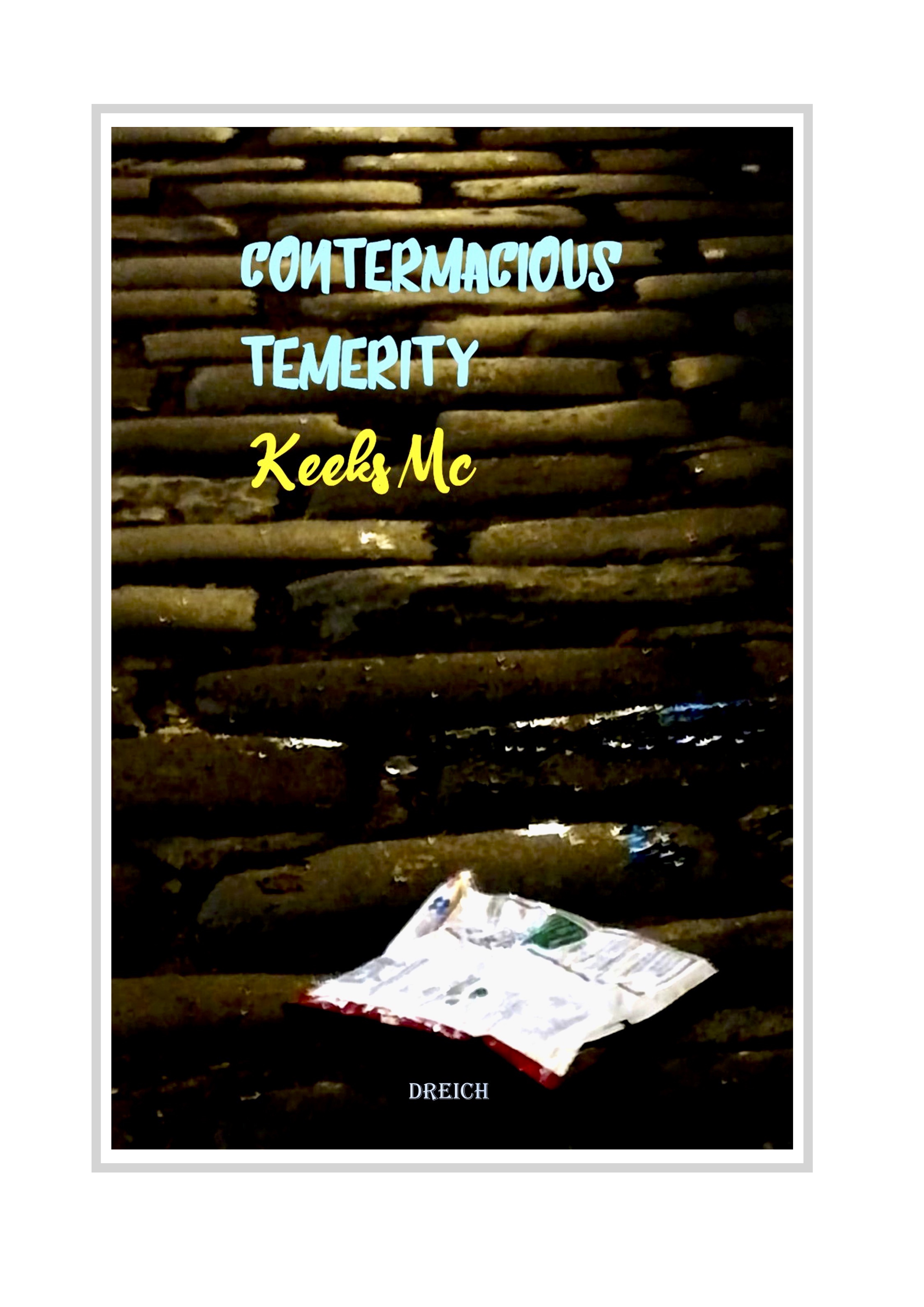MICHAEL FARRELL is from Bombala in New South Wales, and lives in Melbourne. His most recent book is Cocky’s Joy (Giramondo 2015); he also has several chapbooks and a book of poetics, Writing Australian Unsettlement (Palgrave Macmillan 2015). Michael has read his poetry at Glasgow University and the Caesura reading series in Edinburgh. He has collaborated with visual and performance artists, and co-wrote the Dick Diver single “Waste the Alphabet“.
Language-Wars
Remembering a Fortune in Bed
language is not vocab plus grammar: it’s a place
in our case known as shakespeare country. as much
as we might fight it. if you want someone to die (in
a poem) that’s a kind of wishful thinking, a kind of
faith in language known as hamleting. it can’t end
well (but poems must end). a friend might observe
(using google translate) that a verb is like a mulga
snake. perhaps, but they’re always writing about
hell and crying. that’s why people like to ask
‘what’s australian about australian poetry? it all
sounds like shakespeare to me’ (they haven’t read
anywhere near all, but they mean the canon)
[freeze]
waltzing matilda is hamleting, no more boomerang
is hamleting (no more daddy) or else othelling (no
more fidelity) unless it’s not tragic (in which case
love’s labours lost?) the man from snowy river’s
all’s well that ends well (at speed) or possibly
midsummer night’s dream, and the orange tree king
lear. in spanish it’s andalusian folk ballads tearing
at the edges of quixote. that’s why we can’t have
translations in our anthologies: because we’re
fighting our own wars. strategies include anderson
bottoming in his forest, robert walker denying the
australian bible. given the land writes everything
and beyond that the earth, given the streets are laid
down with technology (a dog in a ute on a road
named george) like giant microsoft word or apple
metaphors (trees like videogames) we can assume
that everything shakespeare wrote was already
inscribed with antipodean destiny and that america
et al (ie latin) all serve the present moment: as i, in
this most ironically democratic country, pour
poison into the ear of the king (ie audience). is it
that simple? can we wake up from dreams of dust
or edicts from lord mayor howard? and can we
with our three introduced toes, make them ours?
[put on backpacks]
Teaching The Unconscious
Thinking about Somebody reading Proust
the monologue of at least three voices: the said
the thought and the said to self, if not the unthought
and unsaid. how but in our fictions, our mind
novels or sub stories can we know our reflections?
[run to door]
we act innocently, though we say the worst to
ourselves, without thinking it. it really is a poem
this scene at the party when we finally bump into a
person we know, having tired of so much just met
excellent company. sunday lawyers, merchant
sonneteers, you know the types. ‘the pear doesn’t
fall far from the tree/ nor can it roll like an apple’
[faint spraying of water]
is it passive aggressive to pour oil into a musical
instrument? the more you read the more you know
you pity. but i was describing a scene of paranoia
and linguistic violence. it hurt the nerves to hear
such word choice, when harmony had been the
heretofore ruling note. the practice of irony can
lead to bad habits, of belief in the second voice
forgetting the second ear. to bring fresh boiled corn
to a cocktail do, to spill butter on another’s shoe
these are allegorical crimes. men cannot adequately
parody sex – except in the act. the social can only
be rigorous in its own terms: it doesn’t exist to
blame the elderly for the past causing so much bad
present. though if only they’d been better
revolutionaries we could be better wastrels is one
interpretation i’m heartened by. while pedagogy
trolled the inviting restroom walls, the young
patrolled the jukebox. every tune they coined derided
a dancer’s romantic decisions. it was mean but it
was the perfect justice to go with the kicked up drinks
[emphatically]
Unimportance
Riding a Bike away from a Library
there doesn’t have to be any writing. put something
like a chair between pain and the reader. make
the full stops glisten, get a typist. show there’s
no bloodstream. everyone welcomes that. accidentally
run over a child in words. make a bandage appear
on an outdoor face. lawyers will applaud if they’re
bored. this is not a country show, where goalposts
in icing find favour. the war made sense to the
folks in sentences and old farms lent by ex-inlaws
[tyre suggesting whale]
a beach house would be preferable (next time?)
want some lemons, pick some lemons. meanwhile
there are students on the grid, romanticising away
about other kinds of art and support. it seems the
rides parked near the mine have been stripped
for training placebos and packaging. we didn’t
know what the loss of the differential would mean
[books tossed from window above]
the land speaks: says snow, coral, fejoa (an interpretation)
[king cuts foot on bone]
If you wish to read the poems in page view, the following link will take you to a PDF – Michael Farrell Poems
All works published by the Glasgow Review of Books are licensed under a Creative Commons Attribution-NonCommerical-NoDerivs 3.0 Unported License and the journal reserves the right to be named as place of first publication in any citation. Copyright remains with the poet. http://www.glasgowreviewofbooks.com




Leave a Reply